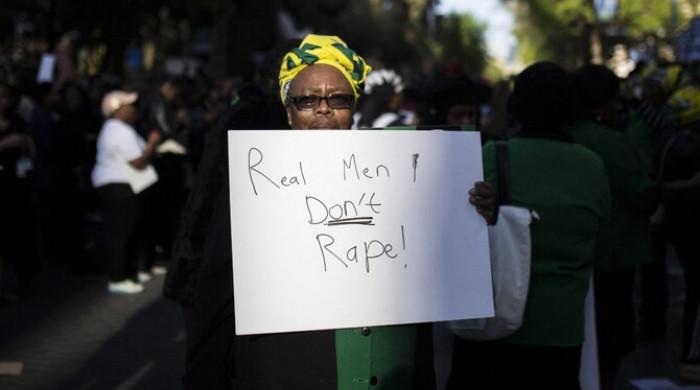- Sexual violence against children is stain, says Unicef chief.
- Sexual violence has “affected” 370mn girls, women globally.
- “It’s terrifying,” says Maksud, regional child violence specialist.
NAIROBI: More than 79 million women and girls across sub-Saharan Africa have endured rape and sexual assault as children, according to data presented by Unicef on Thursday.
The UN children’s agency said newly collated data showed the region was among the worst places in the world to be a girl.
Globally, Unicef estimates that sexual violence has affected some 370 million girls and women, with around one in five in sub-Saharan experiencing sexual assault or rape before they turn 18.
“Sexual violence against children is a stain on our moral conscience,” said Unicef Executive Director Catherine Russell.
The release of such a figure is a first, calculated using national data and international survey programmes from 2010 to 2022, said Claudia Cappa, Unicef chief statistician.
She said there were inevitable holes in the data, as well as under-reporting from some countries.
“We know the limitations, but we also wanted to finally give visibility to the issue through numbers,” she told AFP.
“It’s terrifying,” Nankali Maksud, regional child violence specialist based in Nairobi, told AFP. “It is generations of trauma.”
The resulting trauma has broad consequences for development.
“We’re putting a lot of energy to push girls into school, but a girl who has been raped or gone through sexual assault is not able to learn,” said Maksud.
The numbers are highest in regions hit by conflict and insecurity.
Aid agencies in Sudan have warned about the risks to girls and women from the ongoing conflict there.
“Children in fragile settings are especially vulnerable to sexual violence,” said Russell.
“We are witnessing horrific sexual violence in conflict zones, where rape and gender-based violence are often used as weapons of war.”
First responders told Human Rights Watch earlier this year the number of reported cases is only a fraction of the real figure, with most survivors unable or unwilling to seek emergency care.


